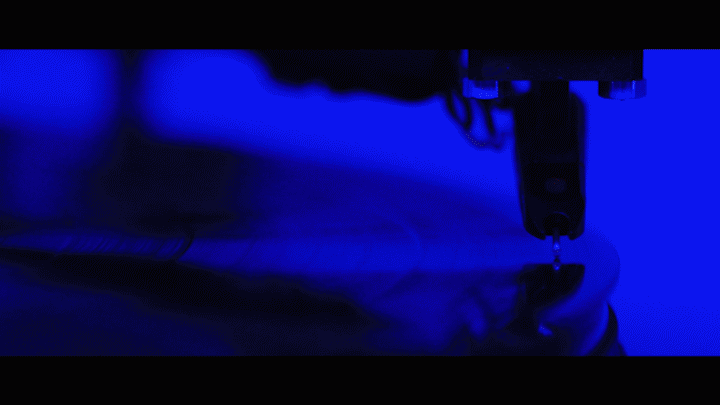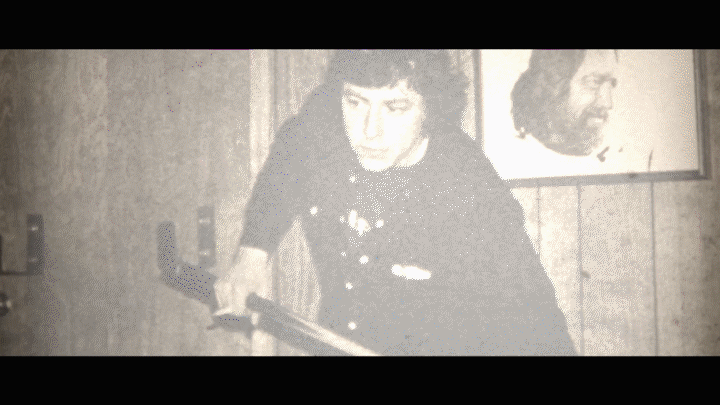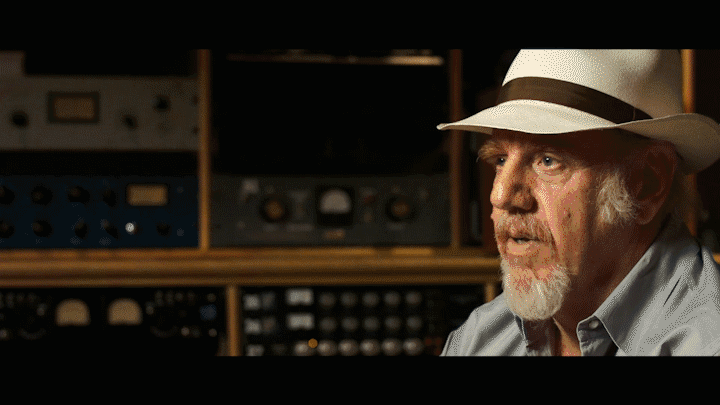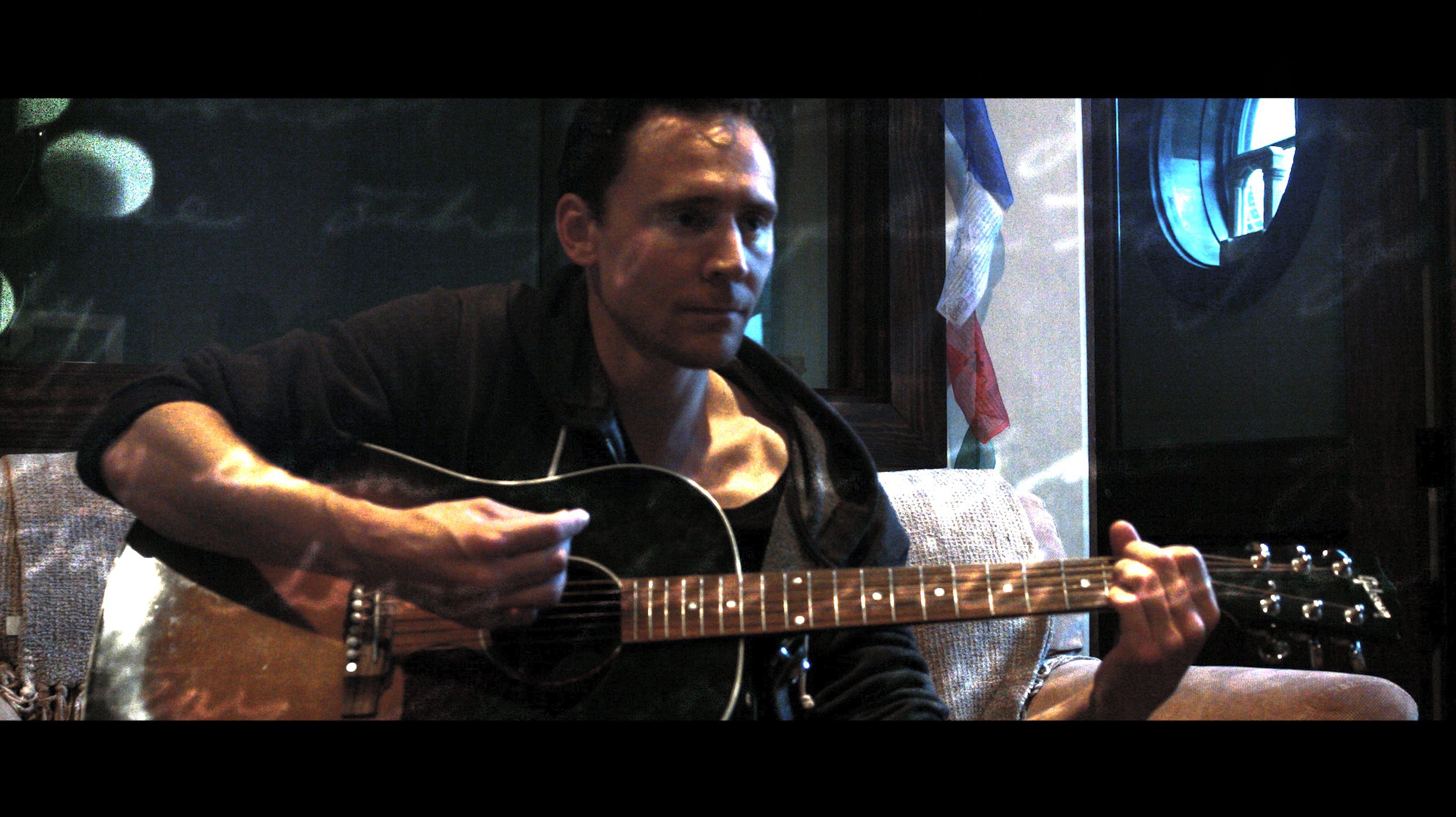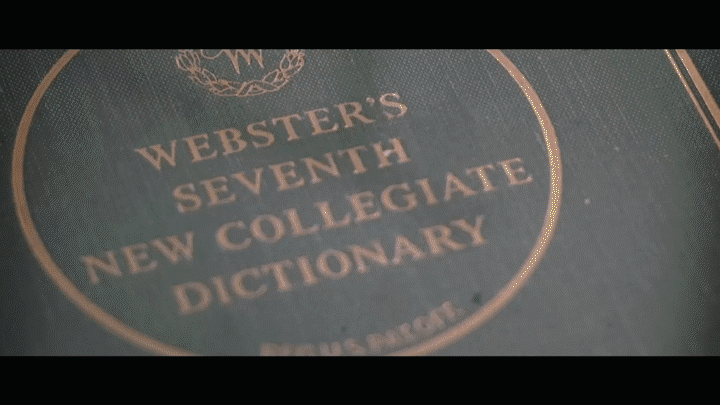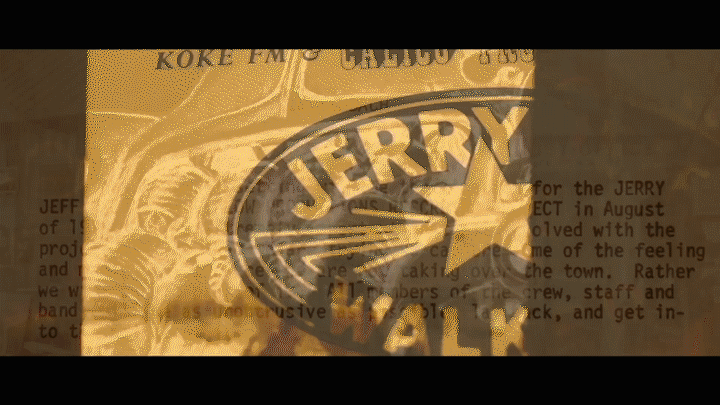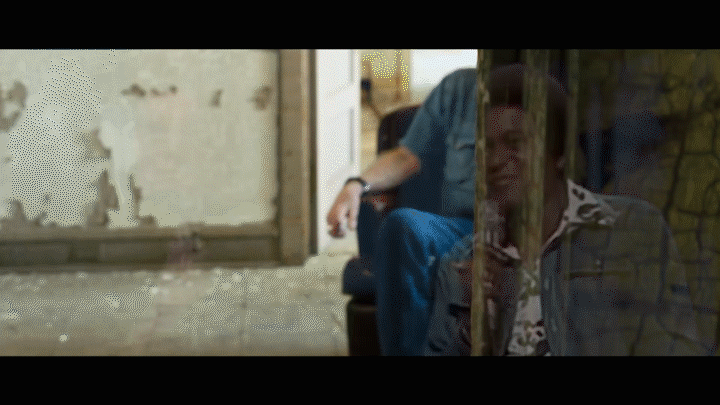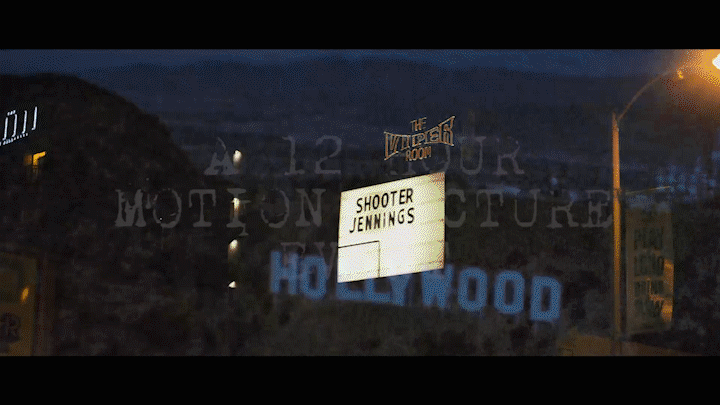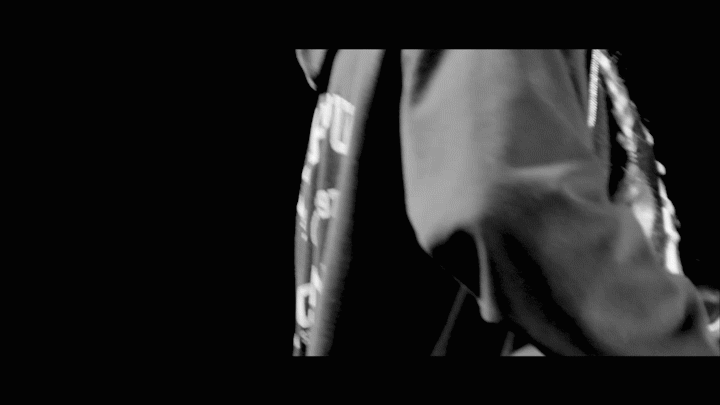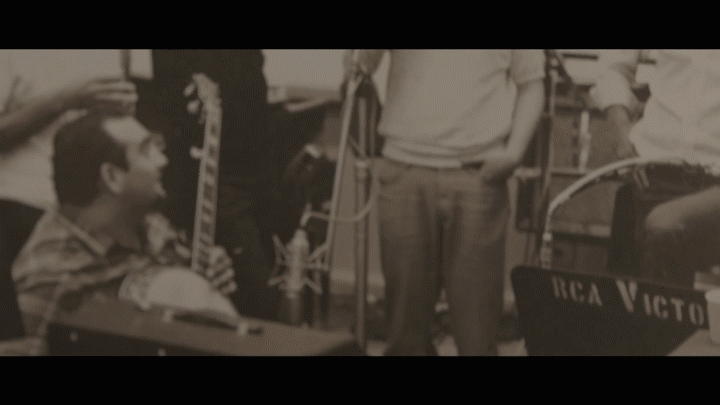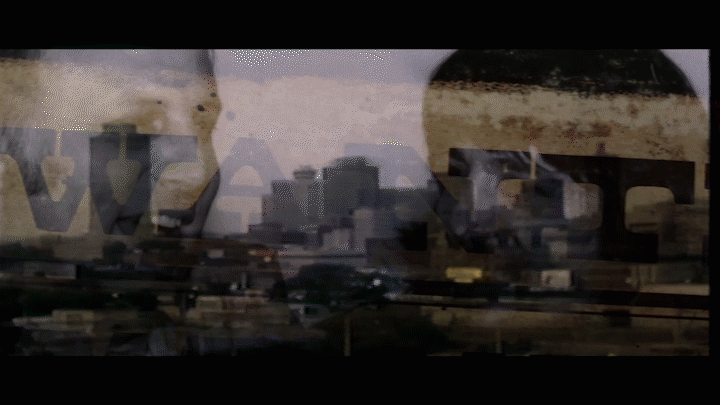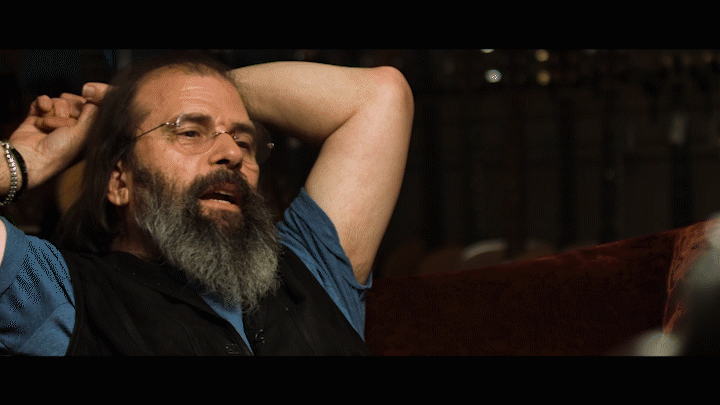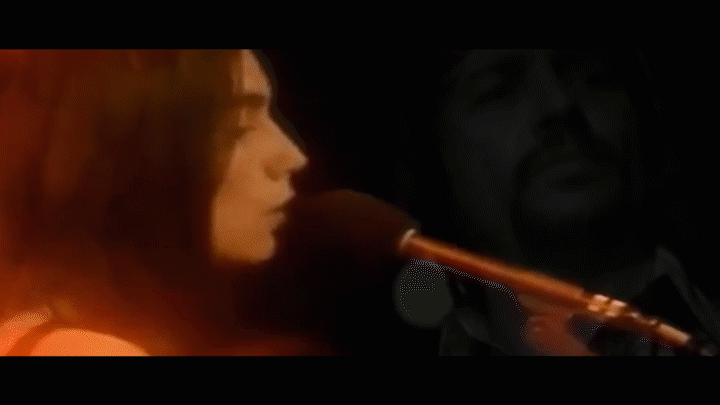TRAILER
What happened in Austin and in Nashville in the late 60s and early 70s was nothing less than a tectonic shift in country music. From Tennessee to Texas, musicians were breaking rules and flouting tradition in what the industry would come to label - Outlaw Country. Featuring over 120 recording artists, songwriters and producers; including the legends that created the sound and the scene and the current stars and emerging artists that are taking it forward.

